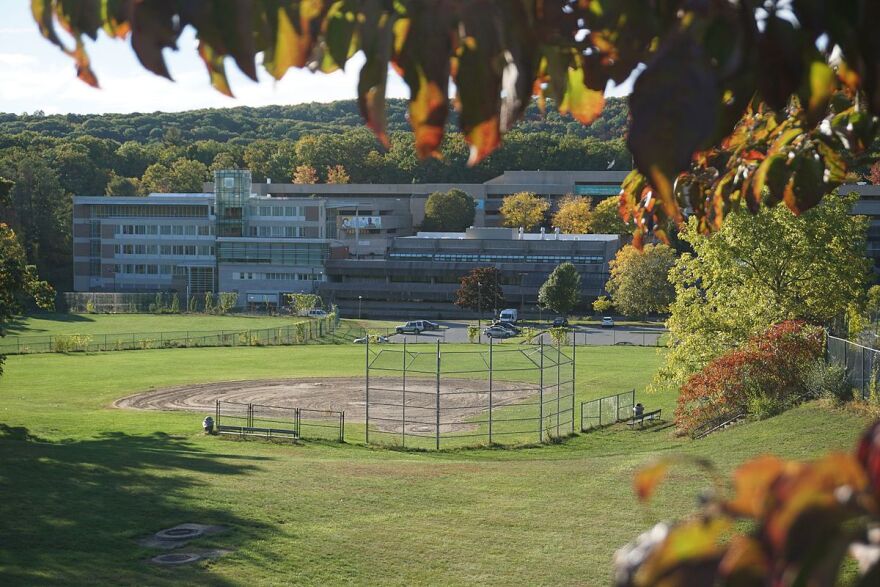Massachusetts higher education officials are working to develop a 10-year strategic plan setting racial equity goals and objectives, with a survey of students, faculty and staff across public colleges and universities coming this fall as an early step in the process.
"We believe that starting with this system-wide survey and getting folks from all of the campuses involved and engaged in a way that ... isn't overwhelming would be really fruitful for this exercise," Elena Quiroz-Livanis, chief of staff and an assistant commissioner at the Department of Higher Education, said Monday.
Quiroz-Livanis briefed members of the state Board of Higher Education on efforts toward compiling the 2024-2034 racial equity strategic plan, telling them the goal is to have it done by the end of this academic year.
Officials are analyzing data from both the state's public higher education system as a whole and individual institutions to explore the system's current state "as it relates to the Black and Latinx student experience," according to her presentation. Next month, the timeline calls for a series of interviews and focus groups to gather feedback and understand what individual colleges and universities are doing to improve equity.
Board member Bill Walczak, the chair of the Bunker Hill Community College Board of Trustees, suggested that as the survey launches this fall, the higher education department also reach out to students of color who have dropped out.
Quiroz-Livanis said she would talk to the team working on the effort about the feasibility of doing so, because "there's a lot of value to asking questions of folks that we have failed and not retained in our institutions."
During Monday's virtual meeting, board members also discussed preliminary recommendations contained in one of the documents that will inform the strategic plan's development, called the New Undergraduate Experience report.
Patricia Marshall, deputy commissioner for academic affairs and student success, said the new report is being finalized and will update a previous version the board approved in 1989. Its aim is to provide a blueprint for the policies and practices the public higher education system needs for all of its students to reach their goals.
Its preliminary recommendations cover categories including admissions and enrollment, developmental education, equitable pedagogical practices and support for students' basic needs, such as food and housing.
One basic-needs recommendation is updating how campuses communicate with students and creating a single portal for students to access school and community resources.
"The number-one, most important priority for students is, 'Will you people please communicate with us differently and in a more modern sense,'" said Katy Abel, the associate commissioner for external affairs and special projects. "They don't read their email. They need messages by text. We need to develop either a web-based platform or an app that will give students real-time, single-stop access to both campus and community resources, whether it's mental health or it's food or anything else."
Board member Alex Cortez said such an app, where people are searching or making requests for specific tools, would also "give us invaluable intelligence about the needs of the market we're trying to serve, which among other things I think could be very useful in coming back and making policy and resource asks to the board and to others."







